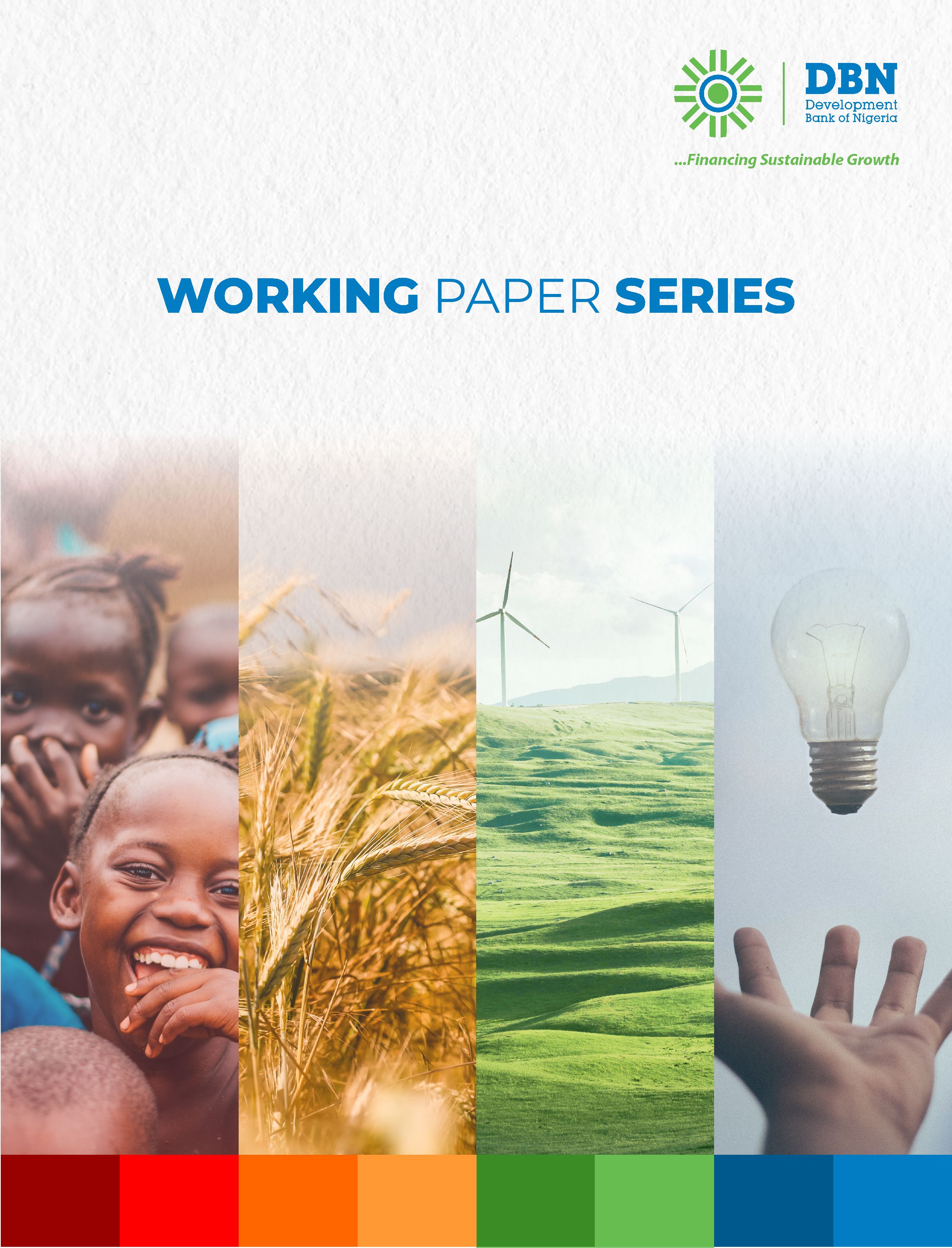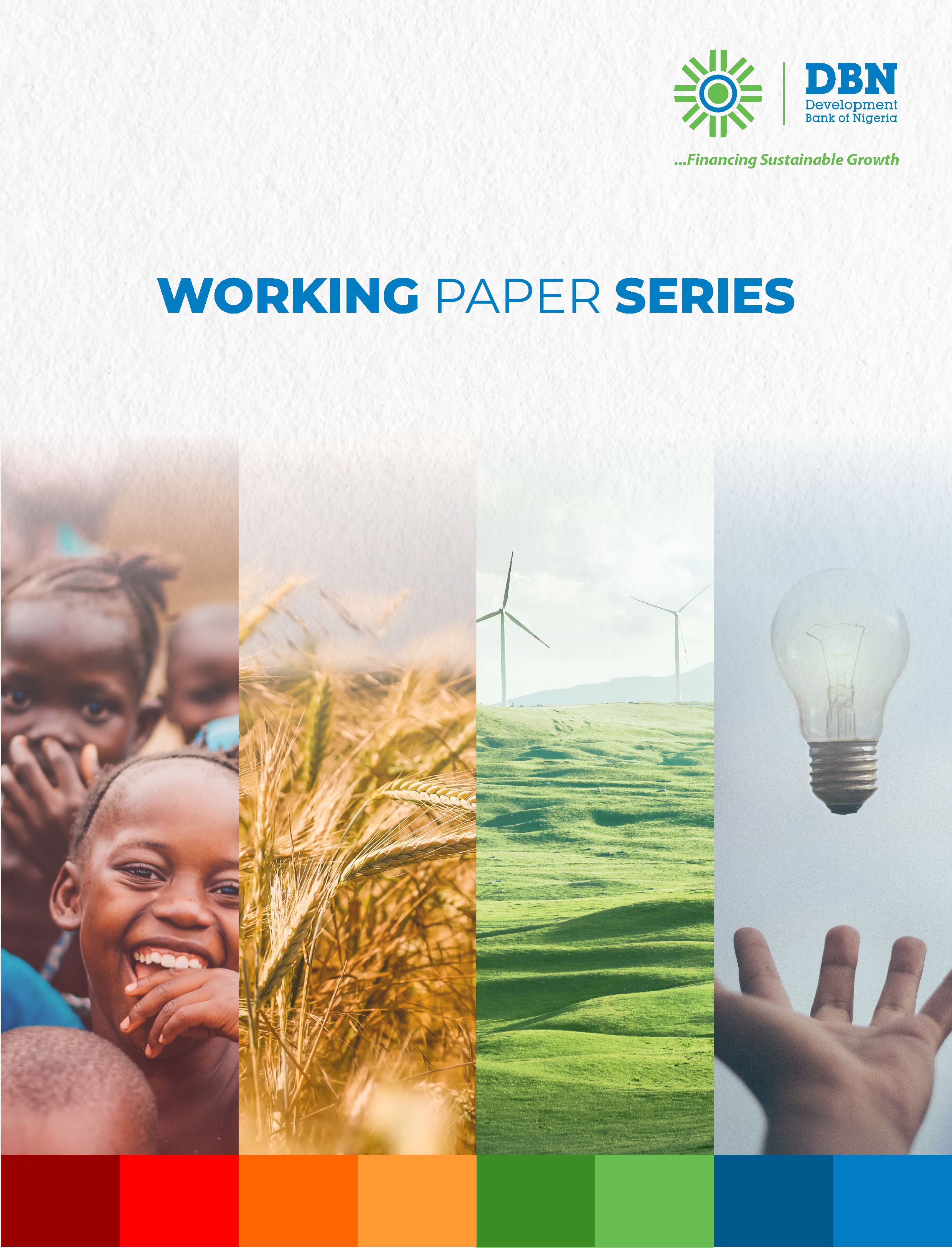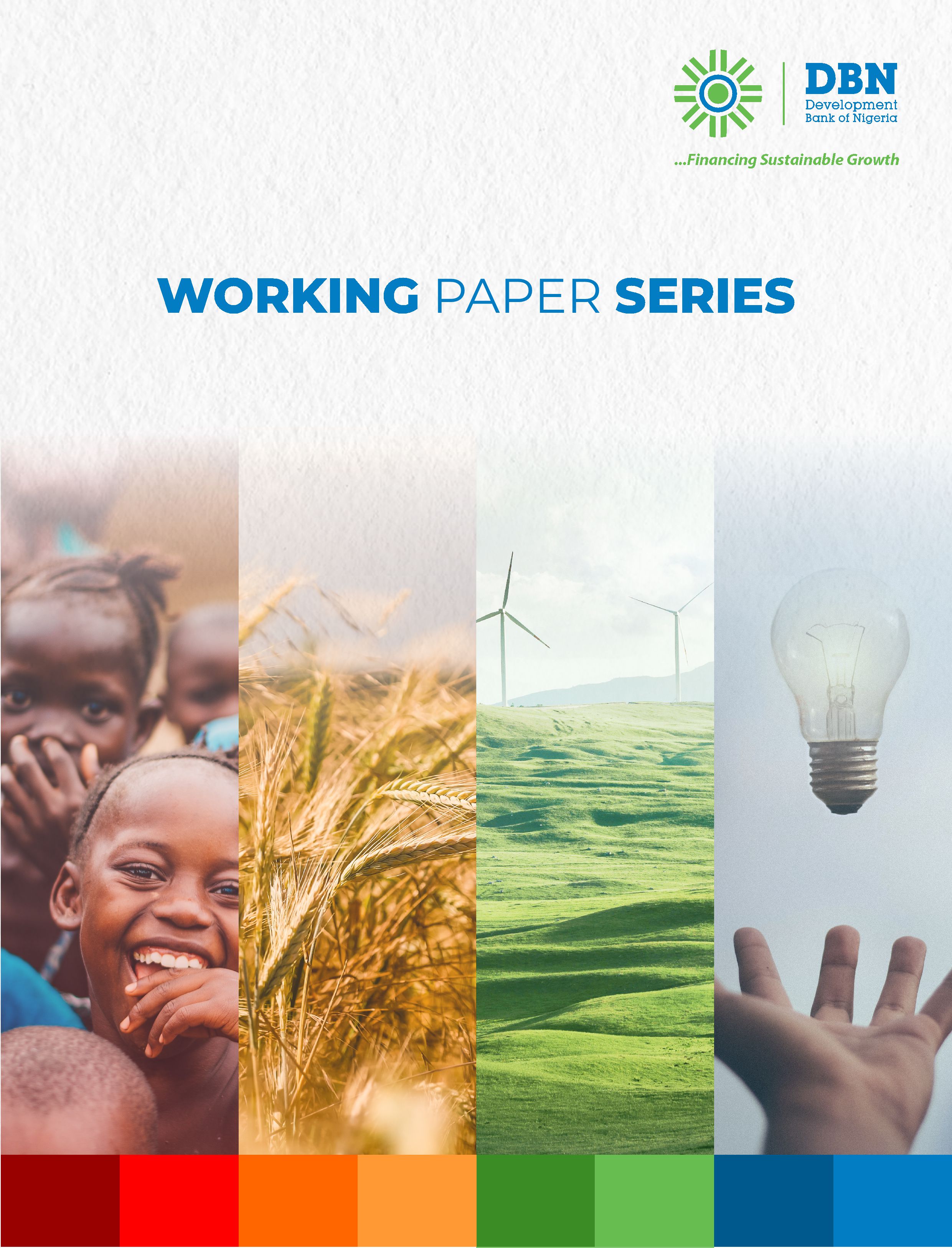
Publication Information
Published by: Admin
Published: 2 years ago
View: 211
Pages: 33
ISBN:
Abstract
The study investigates the digital technology-financial inclusion nexus in 43 Sub-Saharan African countries between 2004 and 2019. The methodologies are the Generalized Method of Moment (GMM) to take care of double causality and country heterogeneity and IV-Tobit to take into account the limited range in the dependent variables. At all levels, digital technology measured by ICT indicators of the subscription rate of fixed and mobile telephone users, fixed broadband, internet users and a composite indicator of digitalization have positive significant effects on financial inclusion. A further robustness check is conducted by computing a composite indicator of financial inclusion to determine how it is affected by digital technology. The findings indicate that the rate of financial inclusion in Sub Saharan Africa rises with increasing digital technologies. There should be more investments in terms of promoting financial and technological infrastructures and also in the human capital sector since financial literacy can play an important part in promoting financial stability and inclusive finance in Africa.
Tii N. Nchofoung Mr
Jean-Claude Kouladoum
Muhamadu Awal Kindzeka Wirajing
Related Publications

VOLUME 5 ISSUE 4 2023
CHANGING ROLE OF FINANCE IN RURAL SMALL ENTERPRISE GROWTH IN GHANA

VOLUME 5 ISSUE 4 2023
DOES PUBLIC CAPITAL EXPENDITURE REDUCE ENERGY POVERTY? EVIDENCE FROM NIGERIA

